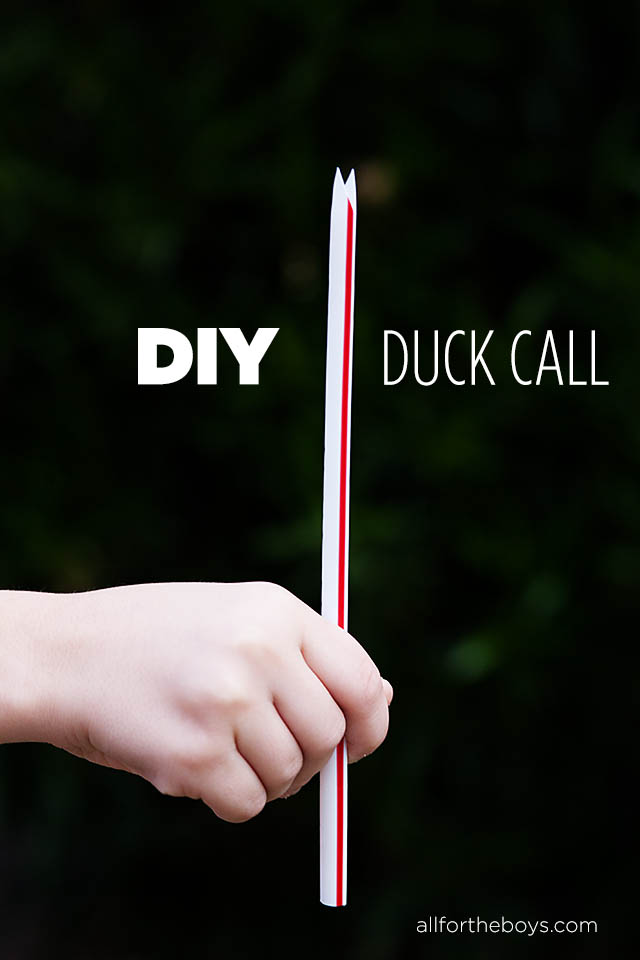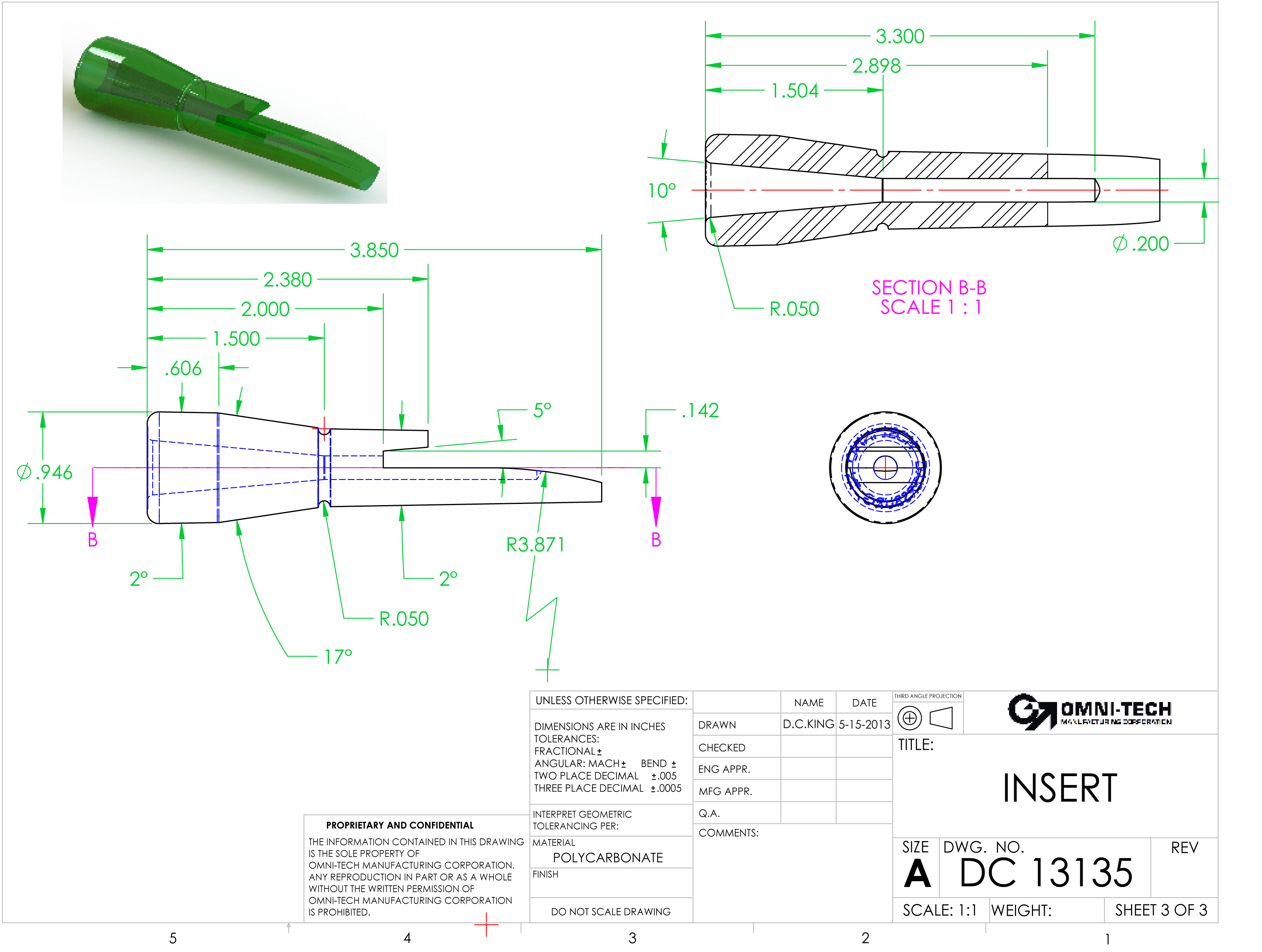Master The Art Of Duck Calling: A Comprehensive Guide
Calling ducks isn't just about blowing into a wooden tube—it's an art form that takes practice, patience, and passion. Whether you're a seasoned hunter or a nature enthusiast looking to connect with wildlife, mastering how to duck call can be a game-changer. But where do you even start? Let's dive in and break it down step by step.
You might be wondering, "Why should I even bother learning how to duck call?" Well, my friend, duck calling is more than just a skill—it's a way to communicate with nature. It's like speaking another language, but instead of words, you're using quacks, whistles, and grunts to mimic the sounds ducks make in the wild. This isn't just about hunting; it's about understanding and appreciating the beauty of wildlife.
And hey, let's not forget the thrill of it all! Imagine sitting quietly in a blind, surrounded by the sounds of nature, and suddenly hearing the flapping of wings as a flock of ducks comes gliding in because they heard your perfect duck call. That rush is unmatched, and trust me, once you experience it, you'll be hooked.
Read also:Drea De Matteo The Multitalented Star Who Stole Hearts On Screen And Beyond
Understanding the Basics of Duck Calling
Before we jump into the nitty-gritty of how to duck call, let's take a moment to understand what duck calling is all about. At its core, duck calling involves mimicking the sounds ducks make to attract them. But it's not as simple as blowing into a call. You need to know the different types of calls, the techniques behind them, and when to use each one.
Think of it like this: if ducks had a playlist, they'd have tracks for different occasions—mating, feeding, danger, and more. Your job as a duck caller is to figure out which track to play at the right time. And don't worry, we'll break it all down for you in this guide.
What Equipment Do You Need?
Now, let's talk gear. To get started with duck calling, you'll need a good quality duck call. There are two main types: single-reed and double-reed calls. Single-reed calls are more versatile and can produce a wider range of sounds, while double-reed calls are easier for beginners because they're less sensitive.
But here's the thing—don't go splurging on the most expensive call right off the bat. Start with something affordable and see how it feels in your hands. Remember, the best call is the one you're comfortable with, not necessarily the priciest one.
Top Picks for Beginner Duck Calls
- Primos Double Duck Call
- Wood N Tackle Pro Series
- Buck Gardner Double Duck Call
These calls are great for beginners because they're easy to use and produce consistent sounds. Plus, they won't break the bank, which is always a plus.
Learning the Key Duck Calls
Alright, now that you've got your gear, it's time to learn the sounds. Ducks have a variety of calls, but there are a few key ones you should focus on:
Read also:Mikki Padilla The Rising Star Whos Turning Heads In The Entertainment World
1. The Quack
This is the most basic duck call and the one you're probably most familiar with. It's a simple "quack" sound that mimics the everyday chatter of ducks. Practice this one first to get comfortable with your call.
2. The Hail Call
The hail call is used to get the attention of distant ducks. It's a long, loud series of quacks that can travel far. Think of it like shouting "hey, over here!" to a flock flying overhead.
3. The Lonesome Hen Call
This one's a bit more advanced. It's a series of softer, more drawn-out quacks that mimic a lonely female duck looking for company. It's perfect for when ducks are nearby but not quite ready to commit.
Remember, practice makes perfect. Spend some time each day practicing these calls until you can nail them consistently.
Mastering Techniques
Now that you know the calls, let's talk technique. Proper technique is crucial for producing realistic duck sounds. Here are a few tips to help you get it right:
- Use your diaphragm to control the air flow. This will give you better control over the pitch and volume of your calls.
- Experiment with different tongue positions. Changing how your tongue rests against the roof of your mouth can alter the sound of your call.
- Practice varying the speed and intensity of your calls. Ducks don't always quack at the same pace, so mix it up to sound more natural.
And don't forget to listen to real ducks in the wild. There's no better teacher than nature itself. Pay attention to the nuances in their calls and try to replicate them.
Reading Duck Behavior
Understanding duck behavior is just as important as mastering the calls. Ducks are smart creatures, and they can tell when something's off. That's why it's crucial to know when to call and when to stay quiet.
For example, if a flock is flying directly toward you, you might not need to call at all. Sometimes, silence is the best strategy. But if they're hesitating or flying away, that's when you bring out the big guns—your hail call.
Common Mistakes to Avoid
- Calling too much. Ducks don't quack nonstop, so neither should you.
- Using the wrong call at the wrong time. Timing is everything in duck calling.
- Not blending in with the environment. Ducks are wary creatures, so make sure you're camouflaged and quiet.
By avoiding these common mistakes, you'll increase your chances of success and have a more enjoyable experience.
Training Your Ear
One of the best ways to improve your duck calling skills is by training your ear. Listen to recordings of real ducks and try to identify the different calls they're making. This will help you recognize the subtle differences in tone and pitch.
You can also join local duck calling clubs or attend workshops. These are great opportunities to learn from experienced callers and get feedback on your technique.
Advanced Tips for Duck Callers
Once you've got the basics down, it's time to take your duck calling skills to the next level. Here are a few advanced tips to help you become a pro:
1. Experiment with Different Calls
Don't be afraid to try out different types of calls. Each one has its own unique sound, and you might find that you prefer one over the other.
2. Incorporate Movement
Ducks aren't just listening; they're watching too. Use decoys and movement to make your setup more convincing. This can be as simple as wiggling a decoy with a string or using a spinning wing decoy.
3. Learn from the Pros
Watch videos of professional duck callers and study their techniques. Pay attention to how they hold their calls, how they control their breath, and how they vary their calls.
By incorporating these advanced tips into your practice routine, you'll become a more well-rounded duck caller in no time.
Resources for Duck Callers
There are plenty of resources available to help you improve your duck calling skills. Here are a few to check out:
- Ducks Unlimited – A great organization with tons of resources for duck hunters and enthusiasts.
- YouTube Tutorials – A wealth of video tutorials from experienced duck callers.
- Local hunting shops – Often have knowledgeable staff who can offer advice and sell quality gear.
These resources will provide you with the information and tools you need to take your duck calling skills to the next level.
Conclusion: Take Your Duck Calling to the Next Level
So there you have it—a comprehensive guide to mastering the art of duck calling. Remember, practice is key, and don't be discouraged if it takes some time to get the hang of it. Every great duck caller started out as a beginner, so keep at it and you'll be attracting ducks in no time.
And hey, don't forget to share your experiences with us in the comments below. We'd love to hear about your successes (and maybe even your failures) in the world of duck calling. And if you found this guide helpful, be sure to check out our other articles for more tips and tricks on all things outdoors.
Happy calling, and may your blinds always be full of ducks!
Table of Contents
- Understanding the Basics of Duck Calling
- What Equipment Do You Need?
- Learning the Key Duck Calls
- Mastering Techniques
- Reading Duck Behavior
- Training Your Ear
- Advanced Tips for Duck Callers
- Resources for Duck Callers
- Conclusion


